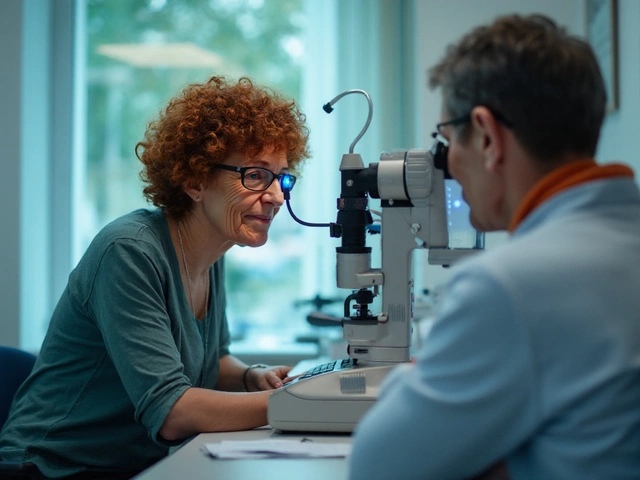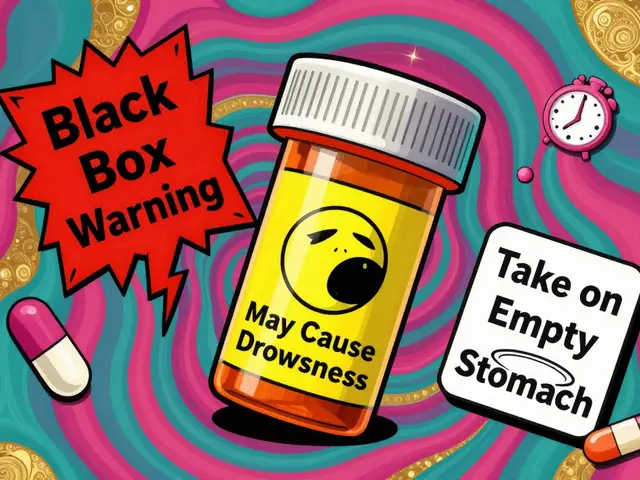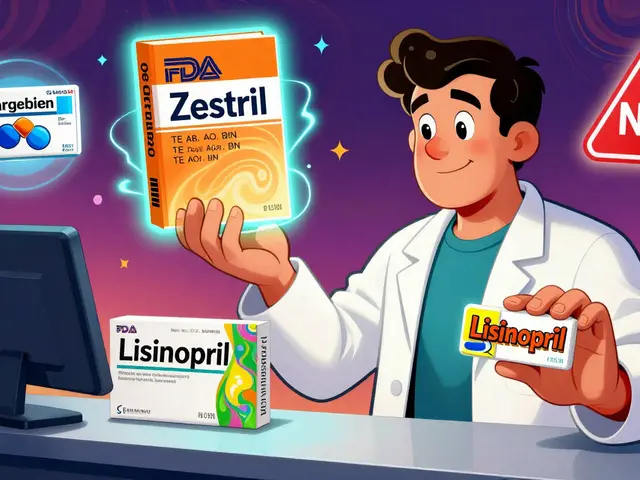
Malaria Prevention: Practical Tips to Stay Safe
If you’re heading to a malaria‑risk area, you don’t have to feel helpless. A few simple steps can cut your chance of getting sick by a lot. In this guide you’ll find bite‑prevention tricks, drug choices, and the latest vaccine news, all written in plain language you can act on right away. You’ll also learn how to spot early malaria symptoms so you can get treatment fast.
Stop Mosquito Bites Before They Happen
Mosquitoes that carry malaria bite mostly at dawn and dusk. Wearing long sleeves and trousers, even when it’s hot, blocks most bites. A good insect repellent with DEET, picaridin, or oil of lemon eucalyptus works best on exposed skin. Reapply every few hours, especially after swimming or sweating.
At night, sleep under a tightly woven bed net. Tuck the edges under the mattress and check for tears before you use it. If you stay in a hotel or guest house, make sure windows and doors have screens. Inside homes, insecticide‑treated nets and indoor residual spraying keep mosquitoes away for weeks.
Eliminate standing water around your home. Empty flower pots, fix leaky taps, clear gutters. Mosquito larvae can’t survive without water, so reducing breeding sites cuts the number of adult mosquitoes.
Pick the Right Antimalarial Drug
When you travel, a prescription antimalarial drug is your safety net. The choice depends on where you’re going and your health history. Common options include atovaquone‑proguanil, doxycycline, and mefloquine. In places where chloroquine resistance is high, newer combos like artemisinin‑based therapies are recommended. Talk to a pharmacist or doctor to get the right dose and length of treatment.
Every drug can have side effects, so read the label and ask questions. Doxycycline can make you sun‑sensitive, while mefloquine may affect mood. If you notice anything odd, stop the medication and seek advice. Some travelers prefer a short‑term regimen like atovaquone‑proguanil because it’s easier on the stomach.
The RTS,S/AS01 malaria vaccine has been approved for children in a few African countries and is being rolled out slowly. It doesn’t replace drugs or nets, but it adds another layer of protection. If you’re working or living long‑term in a high‑risk area, ask a health professional whether the vaccine is available to you.
Start your antimalarial drug a few days before you land, keep taking it while you’re there, and continue for the recommended period after you leave. Stopping too early can leave you vulnerable.
Here’s a quick checklist: 1) Pack DEET‑based repellent, long‑sleeve clothes, and a bed net. 2) Book a pre‑travel appointment to get the right antimalarial prescription. 3) Check the latest vaccine updates for your destination. 4) Keep windows screened and consider indoor spray if you’re staying for weeks. Follow these steps and you’ll lower your malaria risk dramatically.
-
22 Sep






